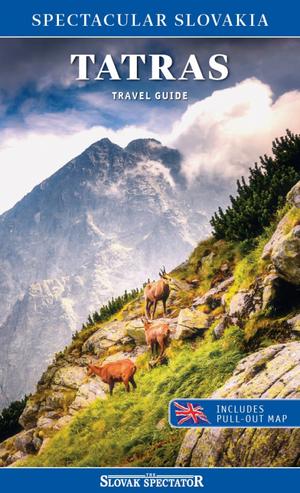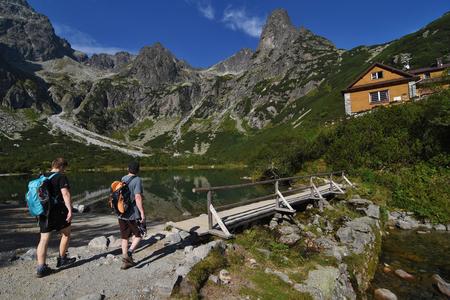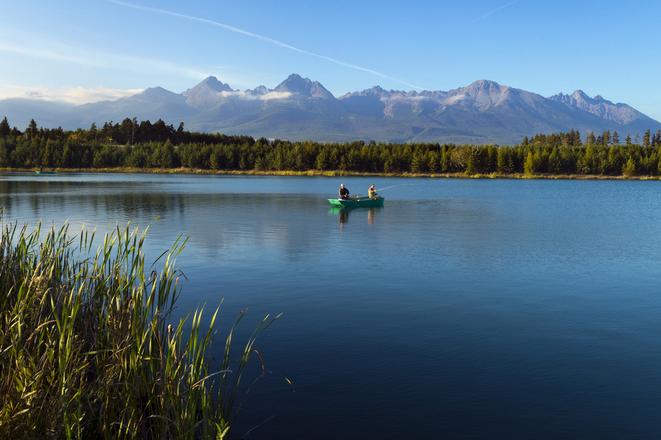Over the past months, the number of people taking one-day trips to the High Tatras was slowly growing, but remains far behind last year's numbers.
The number of one-day visitors to Slovakia's highest and most popular mountains significantly lags behind 2019, historically the best year for tourism in Slovakia so far, the SITA newswire reported.
 Tatras travel guide: A fresh take on the stunning soul of Slovakia. (source: Spectacular Slovakia)
Tatras travel guide: A fresh take on the stunning soul of Slovakia. (source: Spectacular Slovakia)
In June of this year, the region recorded a drop of 60 percent of one-day visitors, when 160,000 people visited, said Lucia Blašková, director of the High Tatras Regional Organisation of Tourism (OOCR).
In July, the number increased to about 250,000 but the final count still represents a drop by half compared to 2020.
Fewer overnight stays
The data of local municipalities in the first seven months of this year also demonstrate a drop in overnight stays.
While they registered more than 308,000 overnight stays this year, last year it was almost 666,000 around the same time, a drop of almost 54 percent. In relation to the number of accommodated guests, it was a drop of more than 45 percent.
Blašková noted that regions close to the border were the ones most affected by the anti-pandemic measures of the Slovak government. The visits of foreign tourists in the region were low.
“This represents only 15 percent of total visits, compared to 27 percent in 2020 and up to 33 percent in 2019,” she noted, as quoted by SITA.
Neighbouring countries
She added that the decrease in foreign visitors was visible in the first and second wave of the coronavirus crisis as well, but the most this year, when a harsh lockdown was imposed in almost all countries at the beginning of the year.
“Slovakia also introduced somewhat strict measures for the summer of 2021 against neighbouring countries, which led to another significant drop of visitors from abroad,” the director said, as quoted by SITA.

In the ranking of visitors, Slovaks occupy first position, followed by Czechs, Poles and Hungarians. Other nationalities were more of an exception.
“Foreign languages were heard more often in our mountains in the first weeks of autumn. The easing of measures for vaccinated tourists from abroad and the abolition of compulsory quarantine was already reflected in the attendance. The statistics are not yet available, but there is no presumption that they have caught up with the numbers of recent years,” she summed up.



 (source: TASR)
(source: TASR)